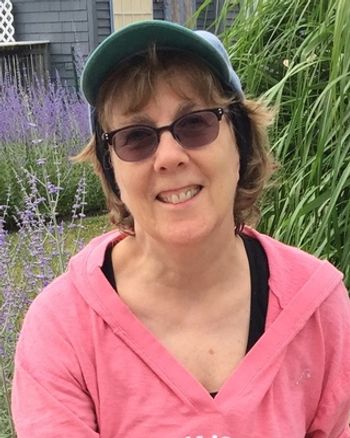
After being told, "You're not that bad" my whole life, I continued to hear that after being diagnosed with leukemia — which some called "the best" cancer to have.

After being told, "You're not that bad" my whole life, I continued to hear that after being diagnosed with leukemia — which some called "the best" cancer to have.
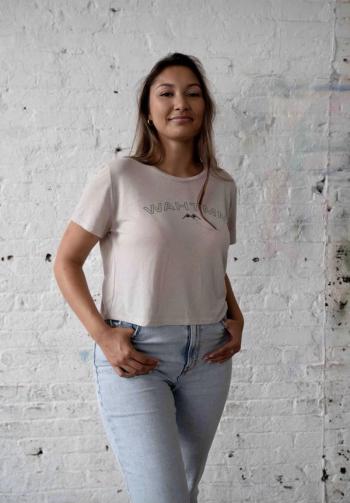
It’s amazing the cancer resources and community we have now — something my mom didn’t have.

Writing about my breast cancer experience became cathartic to me, and eventually my journal entries were compiled into a book, “Feisty Righty.”

After reflecting on my own experience and speaking to others who also had cancer, here are 12 things I’ve learned about dealing with the disease.

Here are a series of poems written about our ordeal with cancer and kicking it to the curb.

I didn’t expect to be diagnosed with cancer, never mind end up with four diagnoses over the years. Here is what I learned along the way.
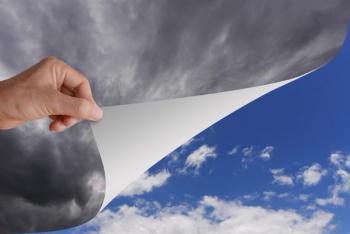
I transformed my mindset to maximize healing before, during and after prostate cancer treatment.

After seeing my friend get off the merry-go-round of advanced cancer treatment, I am starting to think more seriously and soberly about my next options and decisions.

In 2022, I was diagnosed with cancer at 23 years old. Here’s what I’ve learned since.
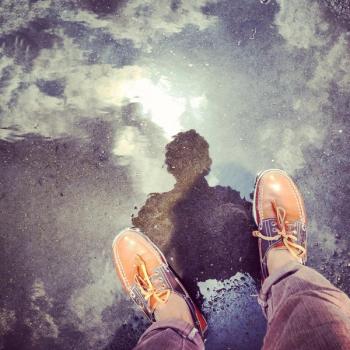
A decade ago, I was diagnosed with acute myeloid leukemia and underwent aggressive chemotherapy and an allogenic stem cell transplant. Though I still have complications related to my cancer, I’m thankful for what I still have.
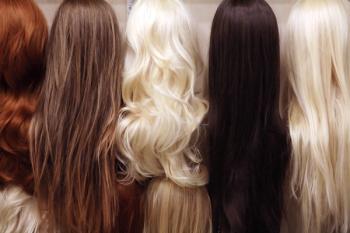
I’m not usually the emotional type, but the first time I tried on a wig after losing my hair from chemotherapy, I wept.
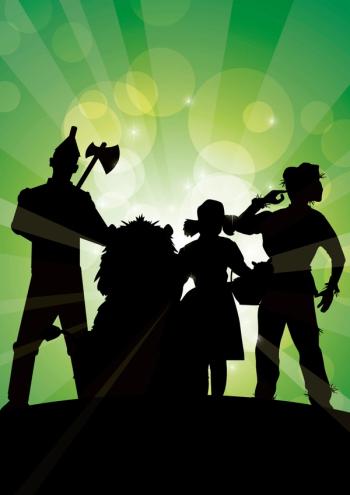
I was experiencing a painful side effect from radiation therapy, but when the staff dressed up like characters from “The Wizard of Oz,” I became grateful for their willingness to brighten my day.
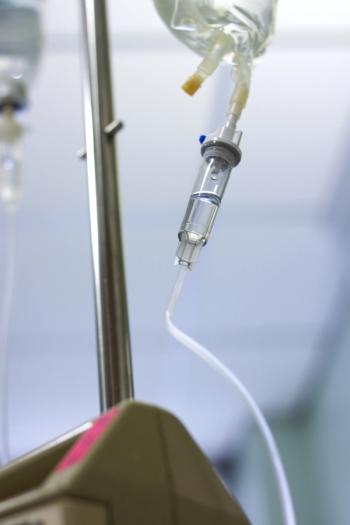
Every three weeks I experience the “drip, drip, drip” of cancer treatment.
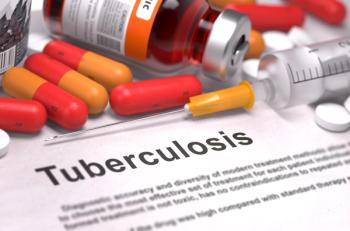
I developed tuberculosis — a rare but dangerous effect of certain bladder cancer treatments.
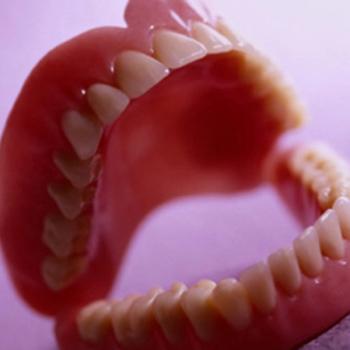
I had what I thought was a canker sore that didn't heal. It ended up being cancer.
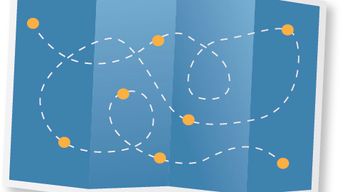
There is no guidebook to life with cancer, but here a few important lessons I learned along the way.
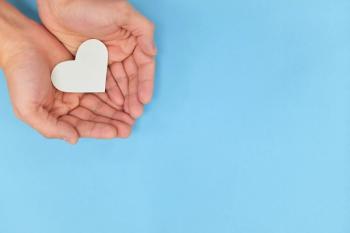
My cancer diagnosis — and the emotional effects that came with it — made me who I am today.
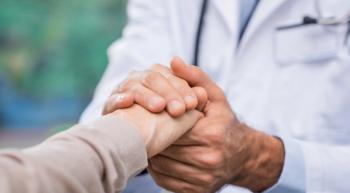
Twenty-five years ago, I was diagnosed with ovarian cancer, which sparked fears of leaving my loved ones behind.
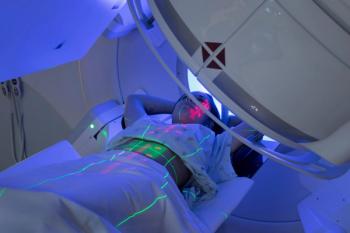
The temporary tattoos that guided the radiation for my cancer treatment were not beautiful, artistic or cool — they were more than that.
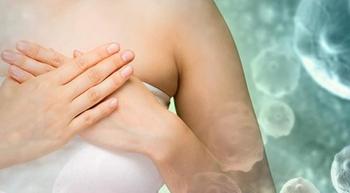
I’m looking back and sharing the lessons learned from 10 years of cancer survivorship.
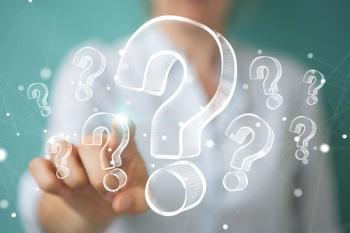
My cancer diagnosis taught me to speak up and ask, “What do I need to know?” and “What can I be doing for myself?”
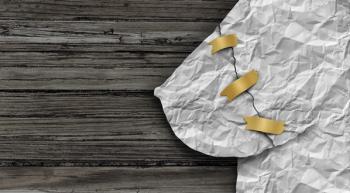
Choosing to get a mastectomy was a difficult decision to make, but then the pathology results came back indicating a second cancer.
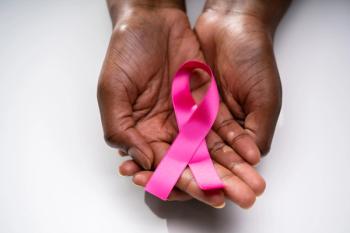
After being diagnosed with breast cancer, I learned more about the disparities that Black women with the disease face.
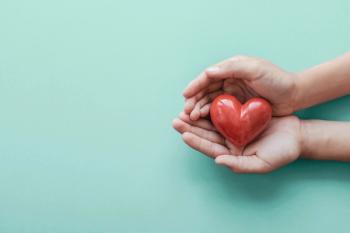
I’m more than six years out from my myeloma diagnosis and realized that I’m capable of more than just surviving.
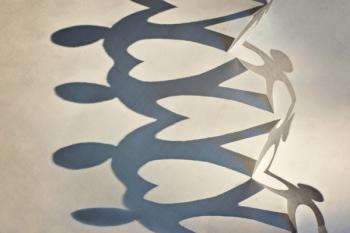
Many well-meaning people wanted to hug me after hearing of my rectal cancer diagnosis, but I’m not a very touchy person. So, loved ones supported me in other ways.
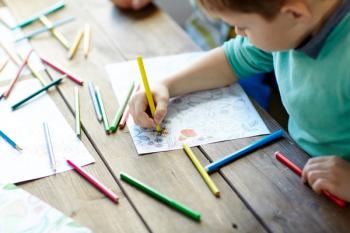
Even after my son survived cancer, I still had fears — and nightmares — of the worst.
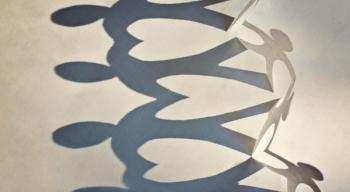
My cancer support group was as important to my cure and healing as my oncologist and surgeon.
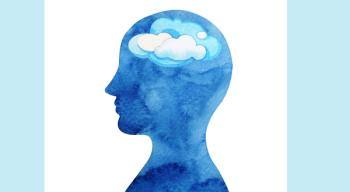
When mindfulness was first recommended when I was diagnosed with breast cancer in 2004, I scoffed. But now, years later, I know how important a tool it can be.
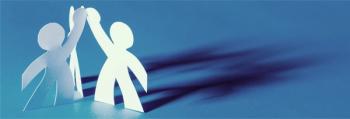
When I share my story and use my cancer diagnosis to help others, cancer becomes a “club” that’s a little more inviting.
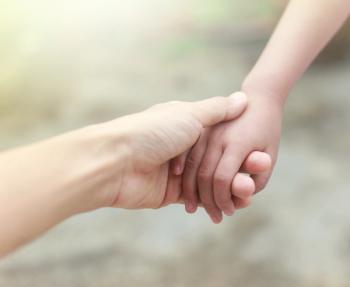
My daughter continues to be there for me throughout my cancer experience, even on my most difficult days.